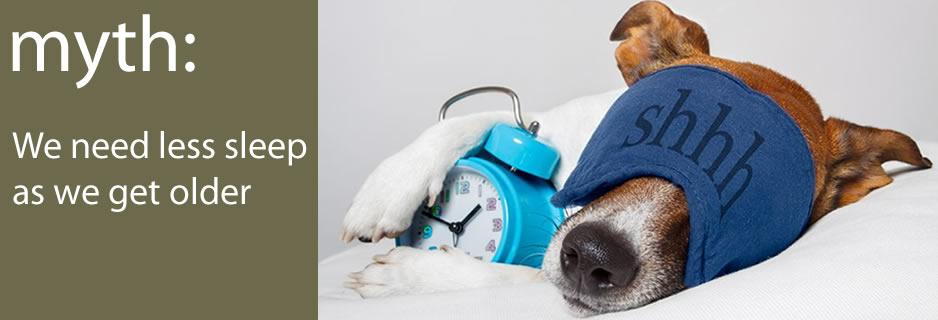
When your sleeping problem isn’t specifically related to a health condition, disorder, or prescribed method of treatment, there are some simple tips and techniques that you can incorporate into your daily and nightly routine that are helpful for capturing those elusive z’s. Sometimes we just need to reset our circadian clock and be more conscious of the negative and positive influences that affect our sleep.
- Consistency is key. You are more likely to obtain consistent optimal sleep when you go to bed and wake up at the same time every day. You should try and maintain your regular sleep schedule even over the weekend.
- Light in the morning, dark at night. Being exposed to natural light in the morning is the best way to start your day. Try having your coffee and breakfast outside or start your day with outdoor exercise. The opposite applies at night. You want to avoid unnatural bright light (computer and television screens) at least an hour before planning to go to bed. Your body naturally produces a sleep hormone called melatonin when it is dark. This hormone is what helps you regulate your sleep cycle.
- Exercise! Regular exercise is key to feeling energized during the day and relaxed enough at night to go to sleep with ease. Low impact exercise, such as gentle yoga or stretching might help you unwind before bedtime.
- Be careful what you eat and drink. Did you know that caffeine can cause sleep problems twelve hours after you last ingested it? Make sure you stop drinking caffeinated beverages at least twelve hours before you are planning to go to sleep, especially if you have trouble sleeping. Rich or spicy foods can cause indigestion and heartburn, which also can make it difficult to fall into a peaceful rest. If you need a bedtime snack, opt for something like sliced turkey, a banana, or a bowl of granola with milk.
- De-clutter your mind. If you are someone with an overactive brain, it might be helpful to physically make a list of all of the things that are on your mind (to-do lists, anxieties, plans, etc.) prior to getting into bed so that you aren’t stuck mentally making that list.
- Prepare for your next day. Feeling prepared for your next day might help you from thinking about your next day while you are trying to go to sleep. Maybe have your outfit laid out, coffee maker ready to go, lunch packed, dishes in the sink done, etc.
- Take a hot shower or bath and use aromatherapy products such as something with lavender, eucalyptus, or chamomile.
- Drink a cup of sleepy time (caffeine-free) tea and curl up with a good book. Chamomile, mint, lemon grass, orange blossoms, passionflower rosebuds, and lavender are all good options.
- Listen to ambient music while practicing a short mediation.
Quality sleep is invaluable! Our bodies, minds, and souls require it. Try out any combination of these above tricks and see what works best for you. Unfortunately, there are some sleep disorders, which require a little bit more specialized attention. The remainder of this series will discuss one sleep disorder in particular that is affecting a great number of us.
